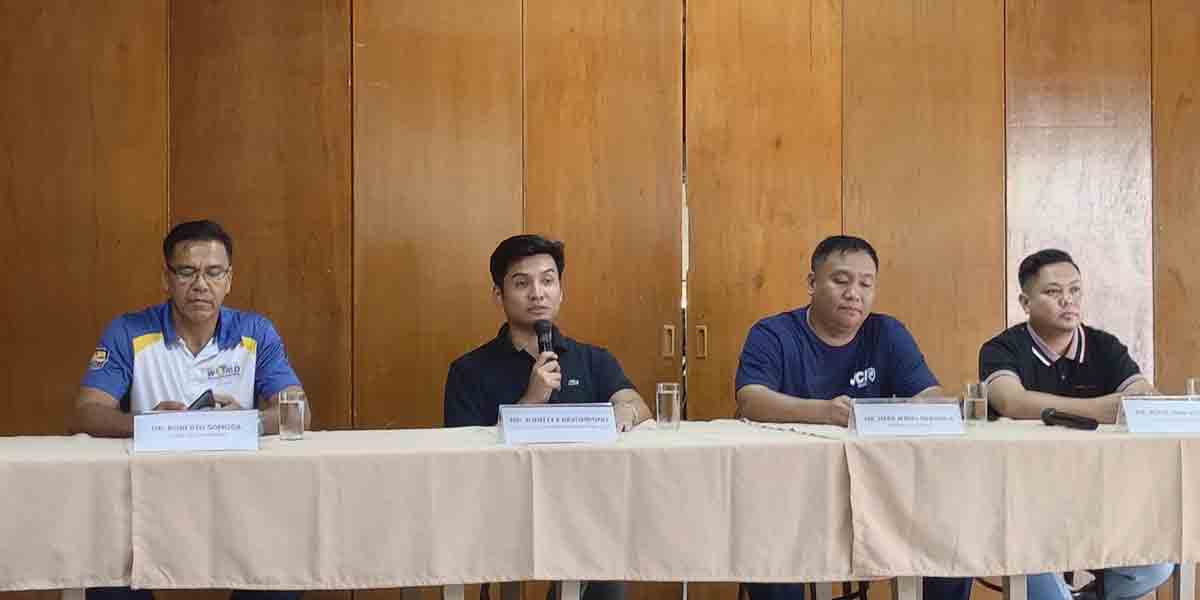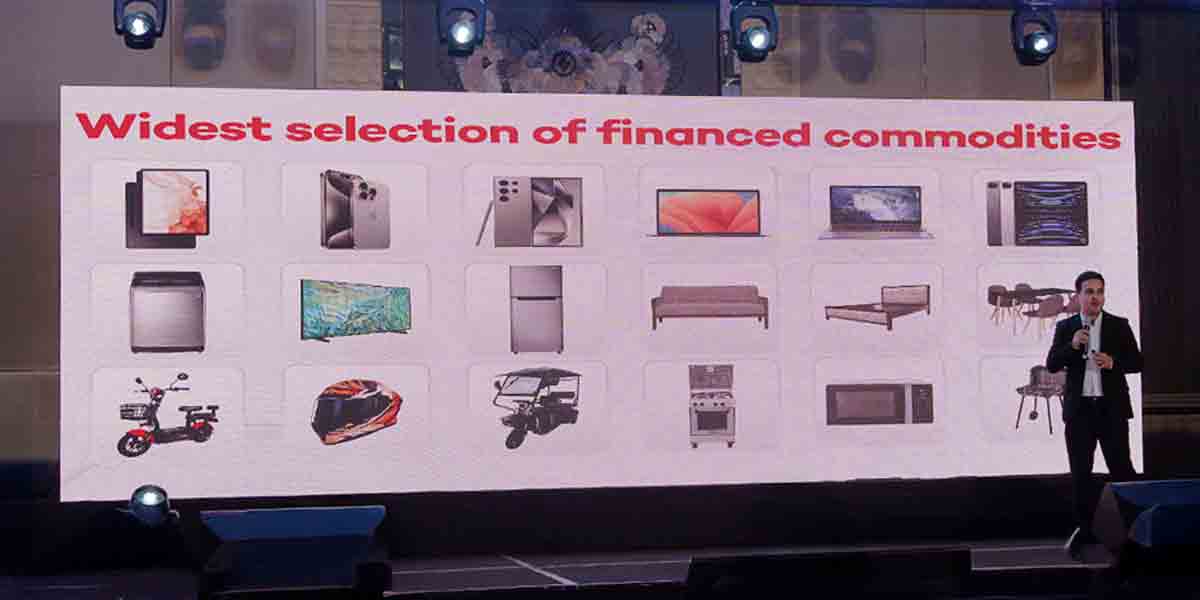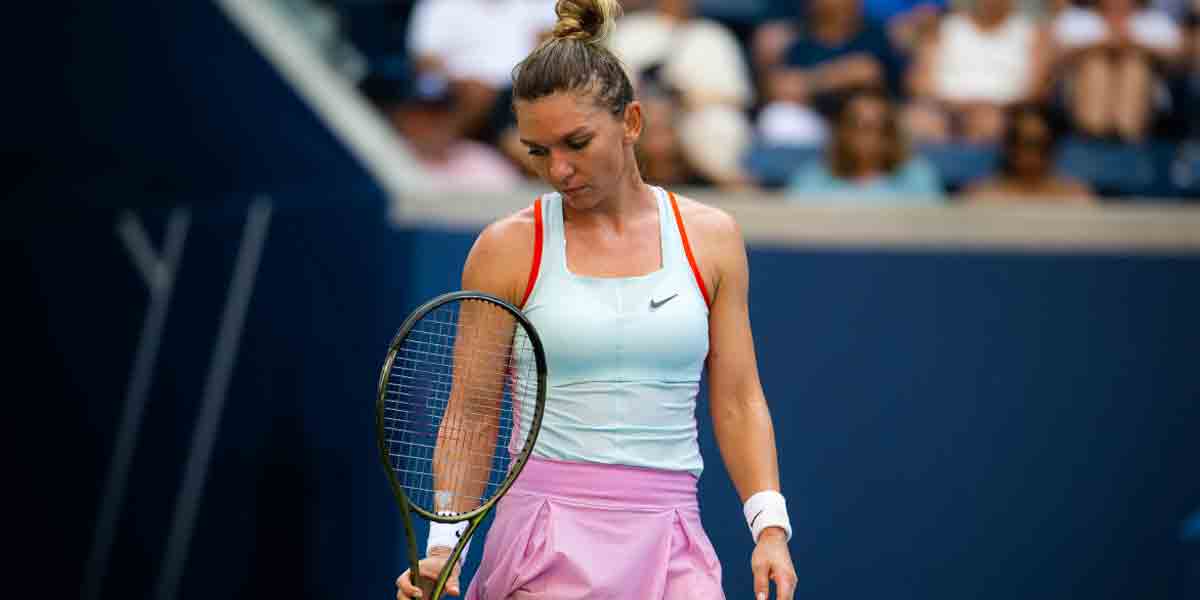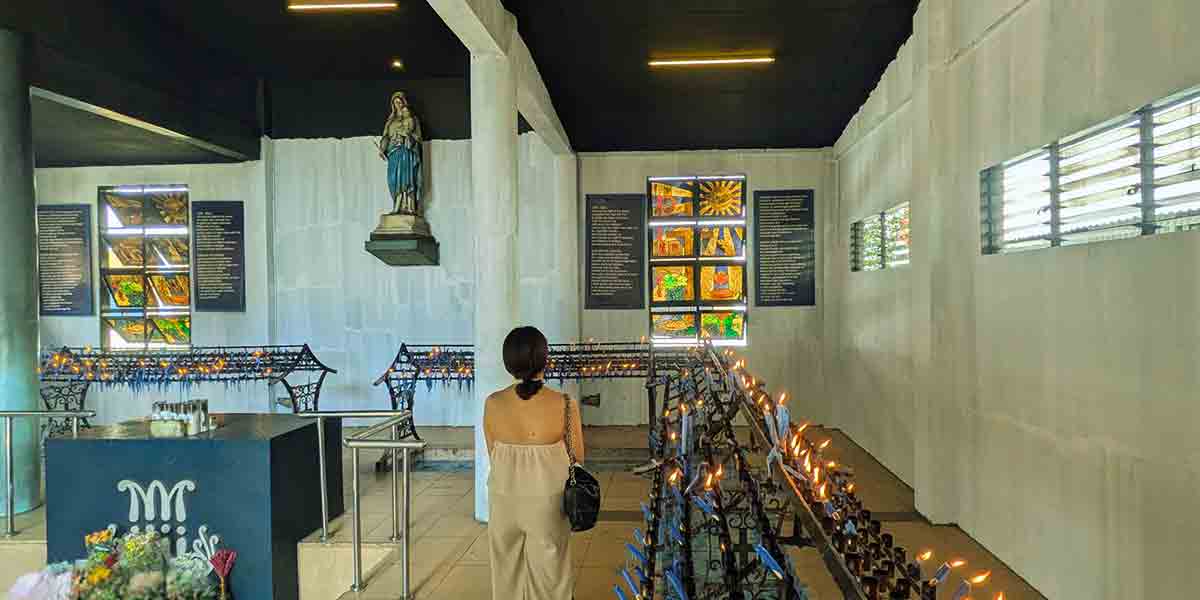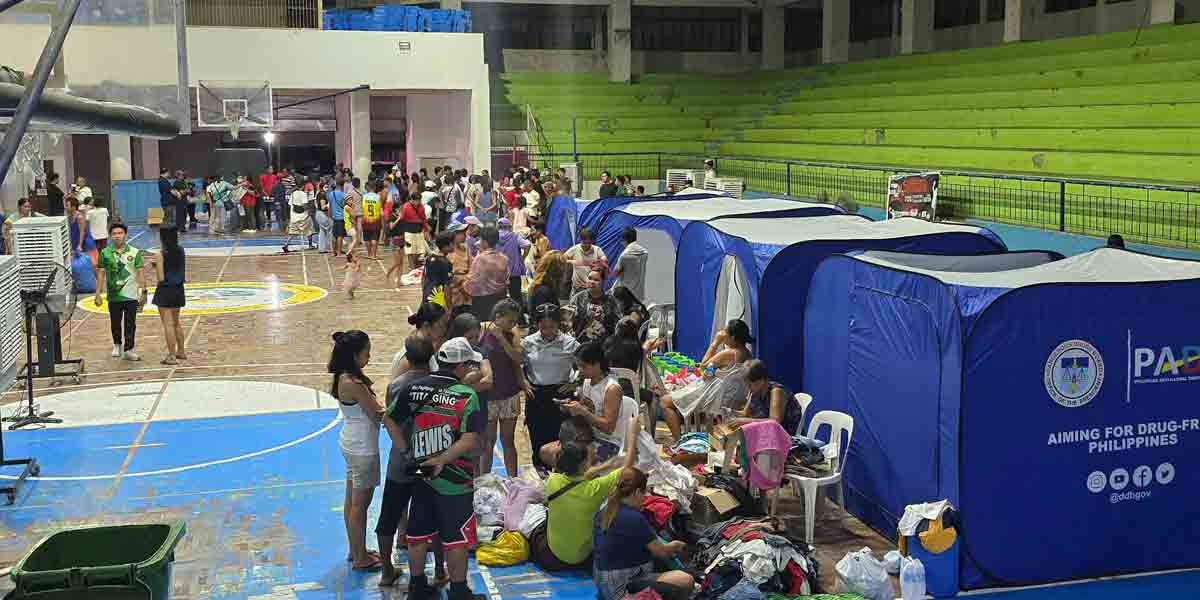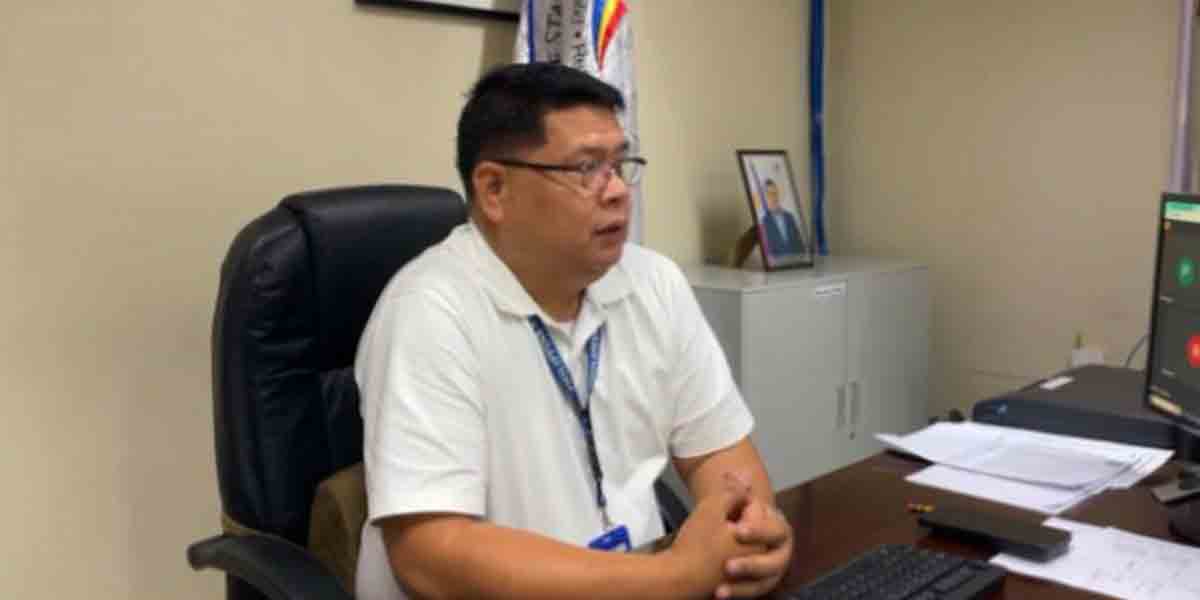By Dolly Yasa
BACOLOD City – Negros Occidental 5th district Representative Dino Yulo said he supports the call of the refiners’ group against the increase in sugar excise tax.
Yulo, a former member of the Sugar Regulatory Administration, told reporters on Friday that “I support the call of the refiners’ association nga indi pagpata-ason ang excise tax on sugared beverages specifically between refined sugar and high fructose corn syrup (HFCS).”
He further said that in case the price of sugar rises to P12 pesos per kilo, “our industrial users will revert to using HFCS and will render useless our fight against HFCS here in the province.”
“It will result in oversupply of refined sugar and will affect our millgate prices,” Yulo said.
Yulo issued this statement as opposition to the proposed tax increase on sweetened beverages continues to snowball.
The Philippine Association of Sugar Refiners, Inc. (PASRI) earlier called on President Ferdinand Marcos Jr. to junk the proposal of Finance Secretary Benjamin Diokno.
The Philippine Sugar Millers Association (PSMA) also issued objections over plans of Diokno to increase the tax on sweetened beverages, stressing that “it will only benefit multinational corporations at the expense of Filipino farmers and workers, who are saddled with a higher sugar excise tax rate.”
The Diokno proposal reportedly aims to fund newly initiated socio economic programs of the administration of President Marcos Jr., such as the food stamp program of the Department of Social Welfare and Development.
In a letter to President Marcos Jr., PASRI president Renato Cabati said that while they support government efforts in implementing various poverty alleviation programs, they oppose the imposition of higher taxes on sugar-sweetened beverages (SSB).
After taking effect in 2018, the TRAIN law has provided the national government with earnings of about P40 billion a year, from the excise tax on SSBs. Notwithstanding this huge contribution by the sector, reports on inefficiencies in tax collection by the government continue to persist, Cabati noted.
Cabati said that “addressing these inefficiencies within revenue collection presents a win-win solution, where the much-needed revenues are raised while avoiding the imposition of an additional tax burden on an industry which can ill afford it at this critical time.”
He further said that since the imposition of a sweetened beverage tax, the sugar industry has experienced a continuous downward trend in sugar consumption in the country – from a per capita consumption of 35.99 kilograms in 2017 to 28.98 kilograms in 2022.
He also noted that the decline in sugar consumption continues, even as the economy is recovering from the pandemic.
An increase in the SSB tax, particularly on sugar, will, without any exaggeration – lead to the demise of our local sugar industry and affect millions of Filipinos, mostly in the rural areas – that are dependent on sugar for livelihood, income and employment, Cabati further said.
He also disputed claims that the implementation of the SSB tax has helped improve consumer access to nutritious foods, and reduced obesity and diabetes in the Philippines.
Thus, increasing yet again the excise tax on beverages using sugar, unfairly and erroneously singles it out as the cause and solution to a health challenge in need of multidimensional interventions, Cabati said.


